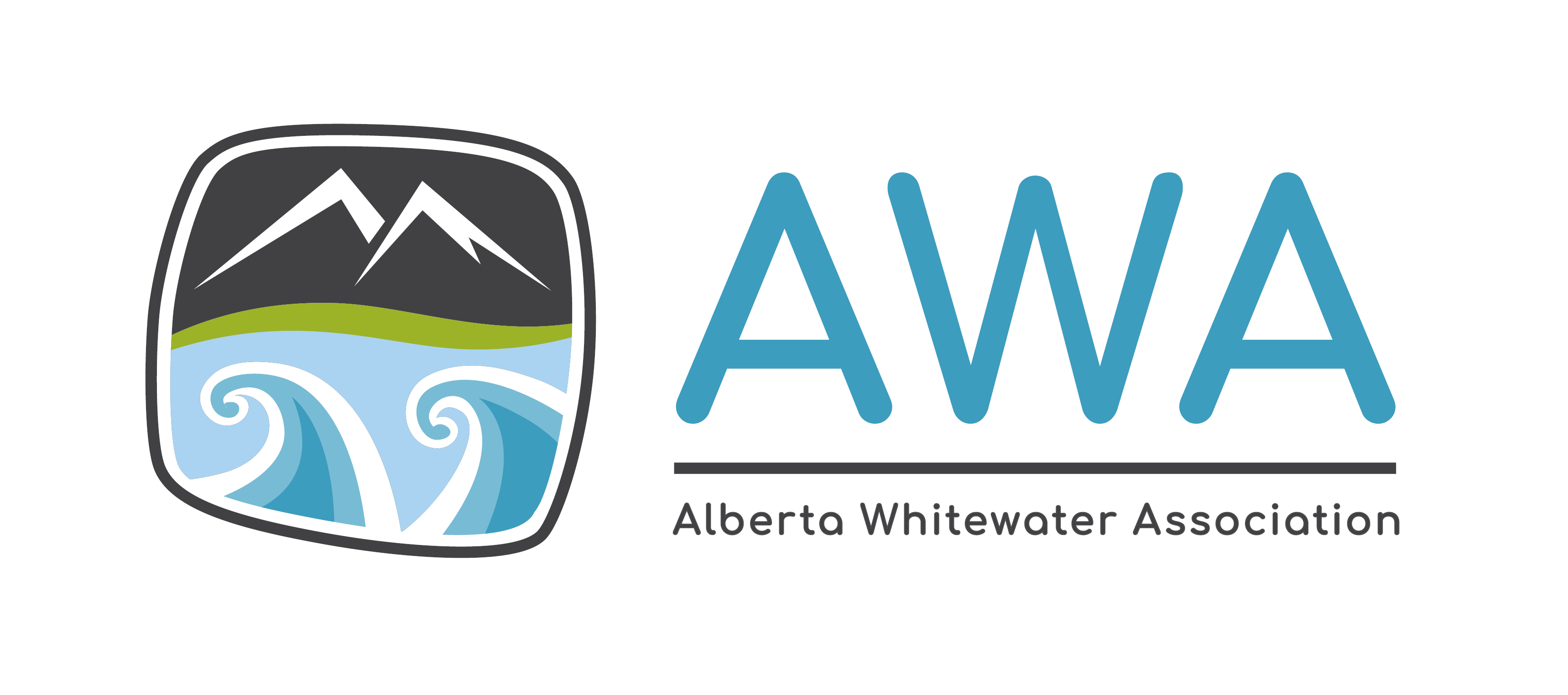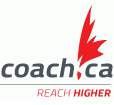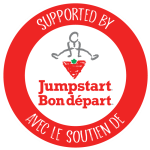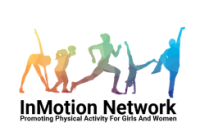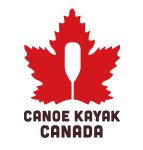Learn More
Our Calls to Action
As we acknowledge the rich diversity of Indigenous peoples in Alberta, each with their own heritage and contribution to the province's cultural fabric, we can make time to learn as much as we can about the people, the places and the history which shapes what and how we see and think about First Nations people today.
The waterways and the land which we want to safeguard and learn from are the traditional lands of 46 First Nations Peoples of the Siksikaitsitapi (commonly known as the Blackfoot Confederacy, which includes the Siksika, Kainai, and Piikani Nations), Stoney Nakoda (which consists of the Bearspaw, Chiniki, and Wesley Nations), Tsuut’ina (also known as the Tsuut'ina Nation), Cree, Saulteaux, Nakoda Sioux and Dene. These are the past, present, and future caretakers who have passed on the stories of these waters and land in their traditional languages of Siksika, variants of Cree, Dene Suliné, Sarcee, Dene Tha', Dunne-Za, Métis Cree, Michif, Nakoda, Saulteaux, and Tsuu T'ina as well as other first languages and dialects.
The Métis Nation of Alberta and other distinct bands and communities within the Cree, Dene, and other linguistic and cultural groups have also been stewards of the water and land for generations.
The Alberta Whitewater Association celebrates the strength and determination of all the First Nations Peoples and acknowledges the complexities of past and present traumas and in moving towards healing and a more just future, the AWA embraces the Truth and Reconciliation Commission’s Calls to Action #s 87, 88, 89, 90 and 91.
87. We call upon all levels of government, in collaboration with Aboriginal peoples, sports halls of fame, and other relevant organizations, to provide public education that tells the national story of Aboriginal athletes in history.
88. We call upon all levels of government to take action to ensure long-term Aboriginal athlete development and growth, and continued support for the North American Indigenous Games, including funding to host the games and for provincial and territorial team preparation and travel.
89. We call upon the federal government to amend the Physical Activity and Sport Act to support reconciliation by ensuring that policies to promote physical activity as a fundamental element of health and well-being, reduce barriers to sports participation, increase the pursuit of excellence in sport, and build capacity in the Canadian sport system, are inclusive of Aboriginal peoples.
90. We call upon the federal government to ensure that national sports policies, programs, and initiatives are inclusive of Aboriginal peoples, including, but not limited to, establishing:
- In collaboration with provincial and territorial governments, stable funding for, and access to, community sports programs that reflect the diverse cultures and traditional sporting activities of Aboriginal peoples.
- An elite athlete development program for Aboriginal athletes.
- Programs for coaches, trainers, and sports officials that are culturally relevant for Aboriginal peoples.
- Anti-racism awareness and training programs.
91. We call upon the officials and host countries of international sporting events such as the Olympics, Pan Am, and Commonwealth games to ensure that Indigenous peoples' territorial protocols are respected, and local Indigenous communities are engaged in all aspects of planning and participating in such events.
We want to recognize when we are on the water and the land of such diverse Indigenous stewards, each with their unique culture, traditions, and history. And as paddlers, we can contribute to reconciliation by acknowledging these spaces of great tradition and significance in order to respect and honour the original caretakers.
If you would like to learn more about Truth and Reconciliation, we recommend visiting:
https://nctr.ca/about/history-of-the-trc/trc-website/
If you would like to construct a meaningful land / water acknowledgement for yourself or your organization, check out this great resource:
https://www.whose.land/en/
You may also want to become more familiar with this nationally developed resource, the Aboriginal Sport Circle:
https://www.aboriginalsportcircle.ca/
There are some really great activities for individuals, clubs and organizations to move through to help increase our understanding, appreciation and motivation to do more to respect and honour the water, the land and their original stewards.
https://canoekayak.wpenginepowered.com/wp-content/uploads/2021/07/Starting-Conversations-July-2021.pdf
https://www.whose.land/en/
